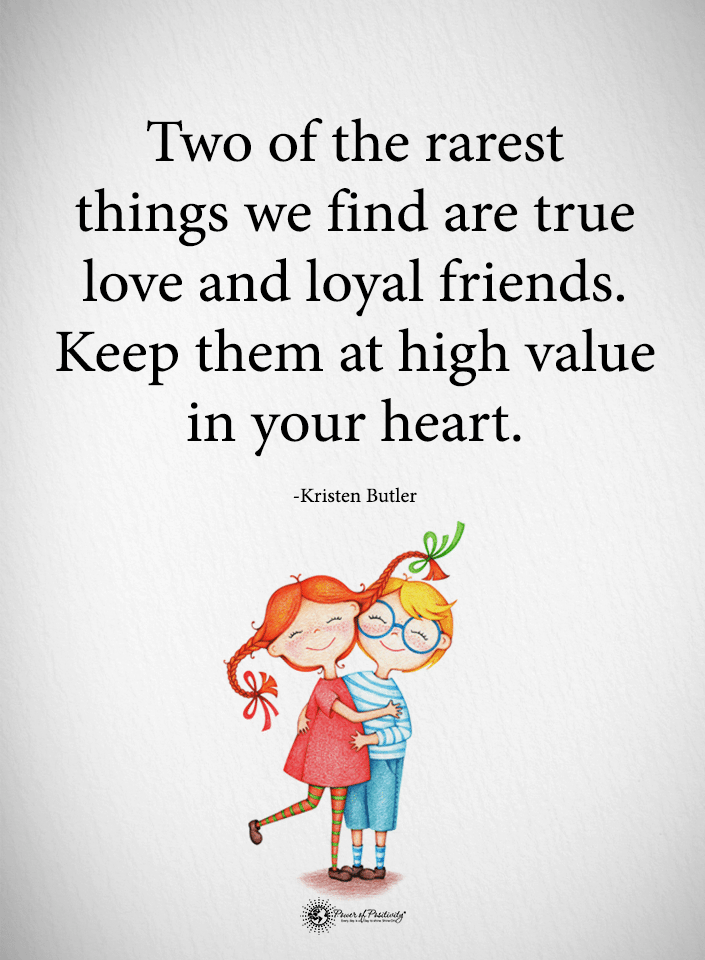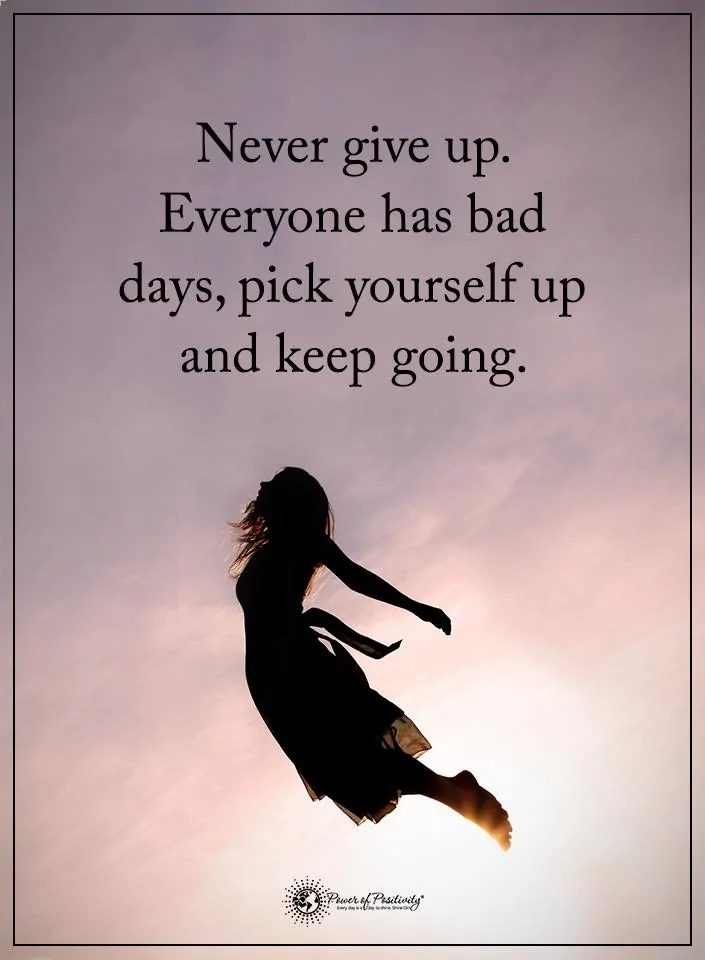All romantic relationships take work to make it last.
Both parties need to keep watering the plant of love on a daily basis; otherwise, that plant will wither and die. Your question is: “How does one maintain and improve the relationship every day?” I thought you would never ask.
11 Tips to Enhance Your Relationship and Fall in Love All Over Again
These are eleven ways to improve your relationship no matter what:

1. Turn off all phones (or at least keep them on silent with vibrate mode off)
In the realm of human connection, presence is paramount. Every relationship, whether budding or time-tested, thrives when individuals are truly attuned to one another. Consider those moments when you’re engrossed in profound conversation, sharing vulnerabilities, or simply enjoying shared silence. These instances of genuine connection hold immeasurable value. Yet, in our digitally saturated era, distractions are omnipresent. A single ping from a device can fracture a moment, diverting attention and diluting intimacy. It’s not just about etiquette; it’s about fostering depth in our interactions. By consciously minimizing digital intrusions, we prioritize human connection, creating a sanctuary where relationships can flourish. Whether in a tranquil natural setting, a cozy living room, or a bustling cafe, the principle remains: be wholly present and watch your connections deepen and thrive.
2. Going to bed at the same time can boost a relationship
The act of retiring to bed simultaneously is more than just a routine; it’s a symbolic gesture of unity and intimacy. Much like the tenderness of spooning or the vulnerability of post-intimacy conversations, aligning your sleep schedules fosters closeness. Erin Leyba, a contributor to Psychology Today, emphasizes that “when sleep patterns diverge, maintaining a connection becomes challenging.” Beyond the scholarly insights, one must introspect: What activities or habits prevent you from aligning your bedtime with your partner’s? While work obligations like night shifts are unavoidable, other choices, such as late-night television or personal indulgences, can be reconsidered. If circumstances allow, prioritizing shared sleep schedules can greatly enhance relational bonds. Your partner will undoubtedly appreciate the gesture and the shared moments of tranquility it brings.
3. A small gesture telling them you are thinking of them
The power of feeling valued often emerges from the most understated of actions. Realizing that you hold a special place in someone’s mind elevates one’s sense of self-worth and connection. This space offers ample room for creativity and personal touch. A spontaneous message like, “Good morning, dear. Sending a burst of sunshine your way. Cherishing you always,” can be the highlight of their day. Or, the timeless elegance of a handwritten note or card conveys a depth of emotion that words alone might not capture. Such gestures, no matter how small, speak volumes about the depth of your affection and the intention behind your relationship.
4. Trying something new together
Venturing into unfamiliar territories together is a potent way to fortify your relationship. It’s not about seeking extreme adventures or high-stakes endeavors. It could be as intimate as attending a dance class, trying a new cuisine, or picking up a shared hobby. The joy lies in the novelty of the experience and the memories you create together. By immersing yourselves in fresh activities, you not only discover new facets of each other but also strengthen the bond through mutual growth. Remember, every new experience is a chapter added to the unique story of your relationship.
5. Withhold that criticism within the relationship
Offering feedback within a relationship is an art that demands finesse. Criticism, if not approached with care, can inadvertently erode the foundation of trust and affection. Before articulating your thoughts, pause and reflect on the impact your words might have. It’s essential to communicate in a manner that fosters understanding rather than defensiveness. Instead of direct criticism, consider framing it as a suggestion or alternative perspective. This approach not only promotes growth and understanding within the relationship but also underscores mutual respect for each other’s feelings and viewpoints. Remember, effective communication is less about correcting and more about connecting, ensuring that the warmth and harmony of the relationship remains intact.
6. A little gratitude goes a long way in a relationship
Gratitude, though seemingly simple, carries profound significance in the tapestry of relationships. The words “thank you” are not merely an expression of politeness; they convey acknowledgment, appreciation, and recognition of one’s efforts. Each gesture, act of kindness, or sacrifice made in a relationship is a testament to one’s commitment and care. Failing to acknowledge these efforts can lead to feelings of being undervalued or overlooked. Conversely, consistently expressing gratitude reinforces the bond, creating a positive feedback loop of appreciation and mutual respect. In essence, gratitude is the silent architect of enduring, harmonious relationships.
7. Focus on the positives
In every relationship, there’s a balance of light and shadow. Choosing to amplify the positive moments is pivotal in fostering a nurturing and resilient bond. It’s about consciously spotlighting the affirmative actions and gestures over the occasional missteps. For instance, cherishing thoughtful check-ins during a busy workday, savoring genuine acts of chivalry in everyday interactions, or treasuring surprise gestures at home like an unexpected bouquet. By consistently acknowledging and appreciating these moments, you not only reinforce the value of such actions but also create an environment where both partners feel recognized and cherished. In essence, focusing on the positives is the compass that guides a relationship toward harmony and mutual respect, even amidst challenges.
8. Be vulnerable in your relationship
Vulnerability, often misconstrued as a sign of weakness, is indeed a hallmark of strength, especially in intimate relationships. It entails stripping away the defenses and presenting one’s genuine self, with all its complexities and nuances. By choosing to be vulnerable, you invite open dialogue, fostering a space where both partners can safely express their fears, aspirations, and concerns. This openness can prevent misunderstandings and build a foundation of trust. For instance, if you’re grappling with feelings of insecurity or discomfort in the relationship, addressing them head-on allows for clarity and mutual understanding. While it’s essential to articulate your emotions, it’s equally crucial to do so with empathy and consideration. Navigating sensitive topics with tact ensures that the message is received with the intent it’s delivered. In the grand tapestry of relationships, vulnerability acts as the thread that weaves genuine connection, trust, and mutual growth.
9. Give a gift for no reason
Gifts, irrespective of their size or grandeur, have a unique way of speaking to the heart. An unsolicited token of appreciation holds the power to convey deep sentiment and reinforce the bond you share with your partner. It isn’t always about grand gestures; sometimes, a simple act, like bringing home their favorite treat or penning a heartfelt note, can have a profound impact. Such gestures underscore the thought and care you invest in the relationship, making your partner feel treasured and valued. While extravagant gifts have their place, it’s often the unexpected, thoughtful offerings that resonate deeply. As a guiding principle, aim to surprise your partner with these acts of kindness regularly. By doing so, you continually nurture the foundation of trust, understanding, and affection that your relationship is built upon.
10. Plan a holiday (or holistay)
Setting aside dedicated time for one another is the lifeblood of a thriving relationship. While grand global adventures have their allure, the essence lies not in the magnitude of the getaway but in the shared experience. A weekend retreat, perhaps to a serene beach or a tranquil lakeside, offers an opportunity to reconnect and rejuvenate. If a staycation is more your speed, curate a cozy evening at home with cherished movies and comfort food, creating an atmosphere of intimacy and relaxation.
Ultimately, the destination or activity matters less than the intention behind it. The goal is to immerse yourselves in moments of togetherness, celebrating the joy, understanding, and love that define your bond. It’s about cherishing the present, creating memories, and deepening your connection.

11. Make your intentions known (again)
Remember the start of your relationship? All those sweet words and promises? It’s important to keep that going, even after the newness fades. Think of it like this: just because you’ve been together for a while doesn’t mean you should stop trying. You should still “court” or date your partner like you did in the beginning.
“Courting” means showing love and wanting a future together. So, make your partner feel special. Do little things for them, tell them you love them, and show them they matter to you. It’s all about making sure they know you’re still all in, just like you were on day one.
Keep showing your partner you’re there for them, and your bond will only get stronger. Thanks for reading, and here’s to keeping the love alive in your relationship!







